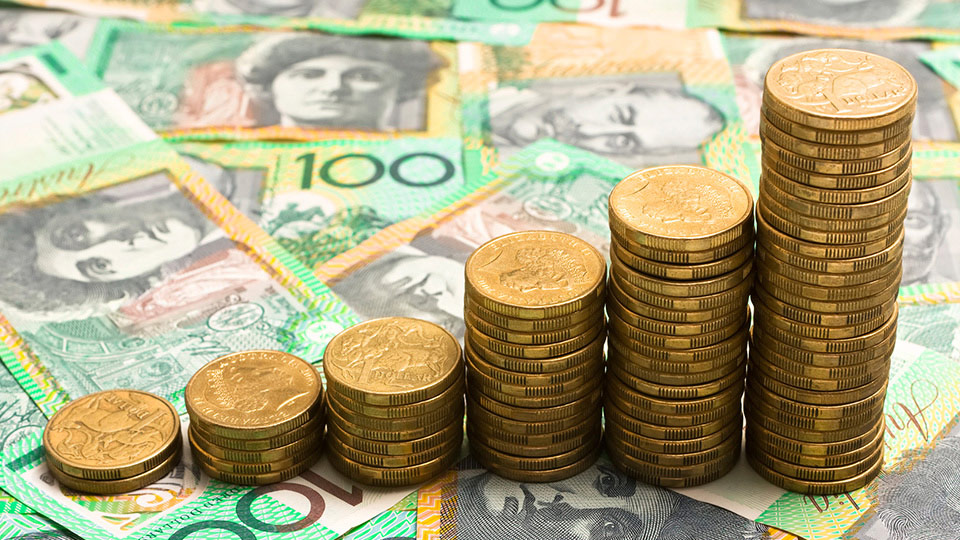April 26, 2017
How do I value my business for sale?

Before selling your business, it’s important to have realistic expectations about the sale price.
What buyers see as reasonable and what you think the business is worth may differ substantially.
Here are some of the key considerations for calculating a business’ value.
Years of operation and customer-base
The number of years a business has been successfully operating may have an impact on the value of the business, particularly if a business has built strong business relationships with customers.
A business with a long history will be better equipped to demonstrate their track record, cash flow and customer base than a newer business.
Annual turnover and profits
Buyers want to know they’re not buying a lemon, which is why your annual turnover (net sales generated) and profit (earnings minus expenses) will influence the value of the business.
If you can illustrate that your business is likely to be profitable in the future, you’re more likely to fetch a higher price for your business.
Reason for sale
If it’s a forced sale, you may have to accept a lower offer, but if time and money are on your side, you may be able to stall negotiations until the price is right.
Whether or not key personnel plan to leave post-sale will also affect the business’ value.
Tangible vs intangible assets
Your business’ value will depend on its tangible and intangible assets.
Tangible assets are physical assets such as tools and property, while intangible assets are non-physical and include intellectual property, the brand, growth potential and business goodwill.
Measuring the value of intangible assets can be complex, but speak to us and we’ll guide you.
Common valuation techniques
Businesses use various valuation methods, including:
- Asset valuation: Total business assets minus liabilities
- Price earnings ratio: The value of a business divided by its profits after tax
- Entry cost valuation: An estimate of the cost of starting a similar venture from scratch.
Industry-specific valuation methods
Industries usually have their own formulas to value a business, for example mobile phone airtime providers may look specifically at the number of customers as a measure of value, while real estate agencies may place emphasis on the number of outlets.
Your business advisory specialists
We can assist you to value your business and get the most from a sale. To find out more, please phone LDB on (03) 9875 2900 or fill out the contact form below.





